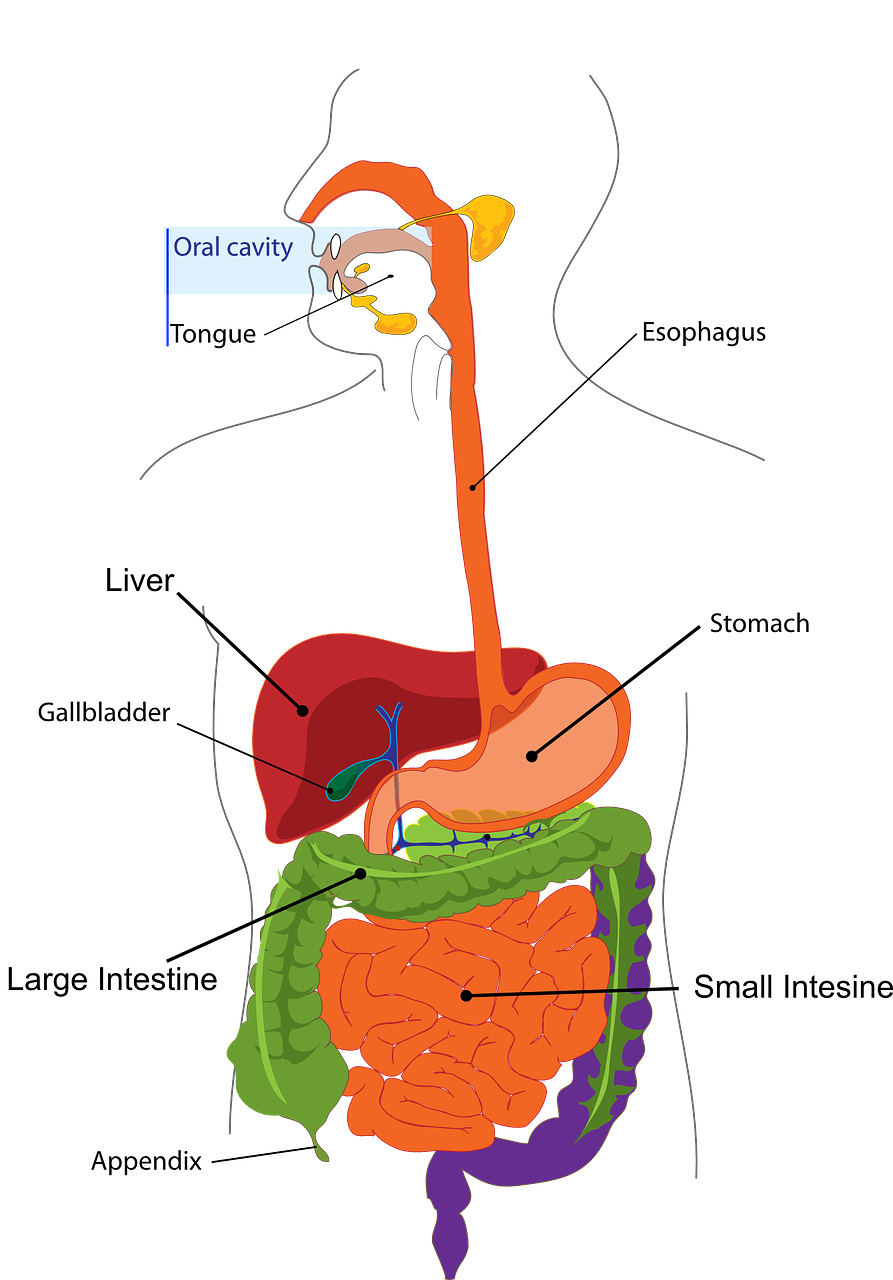Who will gastric cancer target? Six truths from doctors
Who will gastric cancer target? Six truths from doctors
Source: China Network



Who will gastric cancer target? The doctor spoke six big truths and heard me sweating
Gastric cancer is an increasingly high incidence of gastrointestinal malignancies. With more and more patients suffering from gastric diseases, how to prevent gastric cancer is a common concern for everyone. Who will gastric cancer target? In this regard, doctors who have worked in the frontline of medical care for a long time have concluded and found six categories of people. These summaries are simple and unobtrusive, not fancy, but they really matter.
For those who love drinking, they are so lucky not to suffer from gastric cancer.
Long-term drinking, whether it is liquor or beer, is a carcinogenic behavior. Especially when the drinker suffers from refractory gastric ulcer, the incidence of gastric cancer is higher. This is because alcohol is a good solvent for some carcinogens, and it can irritate the gastric mucosa, damage gastric cells, and cause cancer.
Atrophic gastritis and gastric cancer are one step behind. The longer the course, the greater the disease.
Atrophic gastritis is a common chronic gastritis. There is only one step between it and gastric cancer. Patients with atrophic gastritis have two characteristics, namely low gastric acidity and prolonged emptying time. Both of these points increase the carcinogenicity of carcinogens. Clinical observations show that patients with atrophic gastritis with a course of 10 to 20 years have an incidence of gastric cancer of 5% to 10%.
Three people who eat barbecue and preserved food often have stomach cancer uninvited.
If you eat salted, smoked, and grilled foods regularly, you will consume a lot of nitrosamines. This is an important carcinogen. When they enter the body, they repeatedly stimulate the gastric mucosa, causing the appearance of gastric cancer.
Four gastric cancers can be inherited . Seniors suffer from stomach cancer, but the next generation is also susceptible.
Clinical observations show that gastric cancer is a disease with a distinct family genetic predisposition. This is closely related to the family's similar living habits, eating habits and work and rest habits. In addition, this is also closely related to the Chinese diet.
People who have had a gastrectomy are prone to stomach cancer after five years.
If the stomach has undergone partial resection, the patient's gastrin secretion will decrease, the stomach will continue to be low in acid, and the bacteria in the stomach will grow excessively, which may easily lead to gastric mucosal lesions. Therefore, anyone who has undergone a gastrectomy should start a gastroscopy every five years after surgery.
Six people with polyps in their stomachs should be careful.
If there is a polyp in the stomach and the diameter of the polyp is greater than 2 cm, a resection is performed. Clinical statistics show that the probability of this gastric polyp evolving into gastric cancer is as high as 7%.
It should be said that if the above six conditions are avoided and treated, gastric cancer will be far away from us to a certain extent.
The following practices have protective effects on the gastric mucosa and can help us prevent gastric cancer.
1. Take more yam.
Enzymes such as amylase and polyphenol oxidase contained in yam can help gastrointestinal digestion and are beneficial to the digestion and absorption of the spleen and stomach. The unique mucin in yam can moisturize the gastric mucosa and protect the stomach wall.
2. Eat more olive oil.
Olive oil contains phenolic antioxidants. Studies have found that phenolic compounds have strong anti-bacterial adhesion properties, have good killing effects on a variety of bacteria, and can especially inhibit the growth of H. pylori. When olive oil enters the body, prostaglandins are produced. Prostaglandins can regulate the acidity of gastric juice and stimulate the formation of gastric mucosa.
3. Eat garlic appropriately.
Perennial stomach patients, suitable for a little garlic. This is because the allicin in garlic and its homologues have the effect of inhibiting the activity of cancer cells, which is helpful for preventing the occurrence of gastric cancer. Garlic also contains organic germanium. The material can stimulate the body to produce interferon. The anticancer effect of interferon is obvious.
4. Drink more honey.
For patients with old stomach problems, eating more honey is a good way to nourish the stomach. This is because honey can have antibacterial and anti-inflammatory properties, promote tissue regeneration, and especially heal the ulcer surface. Honey also regulates gastric acid and protects the gastric mucosa.
Keywords: doctor, organic germanium, gastrointestinal cancer, gastric mucosa, patient




Post a Comment